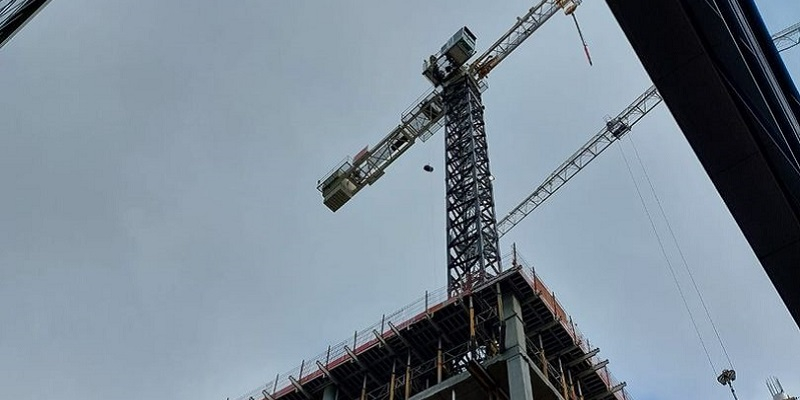
When building a structure, choosing the right building supplies is one of the most critical aspects of the job. The quality and performance of the supplies you select can mean the difference between a successful and lasting project and an unsuccessful and short-lived one. Choosing the right supplies for the job is essential to ensure your building project is successful. This blog post will explore vital tips for selecting the right building supplies. We will look at factors such as material type, quality, cost, and other considerations to help you make informed decisions best suited to your needs. As you explore the different factors to consider when selecting building supplies, you’ll understand that it is not only the materials themselves that are important but also the people supplying them. We’ll discuss the importance of working with reliable suppliers and how to find a supplier that is right for you and your project.
1. Different research types of building supplies available
An important step you can take when selecting building supplies for a project is to research the different types of pools available. Consider other materials, such as aluminium, steel, wood, glass, and plastic, to determine the most suitable type for your project. It would help if you also considered researching the different sizes and styles of building supplies to ensure you have the right supplies for the job. Knowing what options are out there and their pros and cons can help you find the best solution for your needs. Taking the time to research available building supplies can save you money and time in the long run.
2. Consider the size, shape and durability of each supply
Size, shape, and durability are essential factors when selecting building supplies. The shape and size should be appropriate for your job and fit the project’s area. Ensure the product is durable to allow longevity and continued usefulness of the supplies. By viewing the size, shape and durability of the supplies, you can make sure that you select the suitable building supply for the job.
3. Compare prices and reviews from multiple vendors
Before making any purchase, comparing prices and reviews from multiple vendors is essential; this will ensure you get the optimal return on your investment and the best quality for your project. Remember that the lowest price is only sometimes the best option, as quality and customer service factor into the equation. Check for customer reviews and ratings on the vendor’s website, and search for product reviews on independent websites. It is also essential to check for any return policies or guarantees in case the product does not meet your expectations. Additionally, compare shipping fees if you are purchasing from an online vendor.
4. Understand the warranty and return policies
When selecting building supplies, it is essential to understand the warranty and return policies of the company. In some cases, warranties may cover materials or workmanship defects, while others may also cover issues related to improper installation or normal wear and tear. It is vital to read the fine print to determine what and how to use the warranty. Most companies have a return policy that you should read carefully to understand how the company handles returns and how long the customer has to return. Understanding these policies can help protect the customer from any issues.
5. Choose supplies that meet local building codes and regulations
Always choose supplies that meet local building codes and regulations; this is an absolute must if you want to ensure your project is safe and up to code. Be sure to research the building codes in your area to ensure your supplies are compliant. Knowing what kind of required permits is also crucial, as compliance with local regulations can result in hefty fines or the need to rebuild the project from scratch.
Choosing the right building supplies is essential for ensuring your project runs as smoothly and safely as possible. To make the right decision, consider the type of construction project, the materials cost and durability, the building’s size and design, and the materials’ environmental impact. With the proper knowledge, research, and advice, you can ensure your building project is successful.